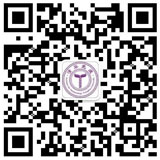
Phone:
Email: zhihualiu@mail.tsinghua.edu.cn

The Laboratory of Zhihua Liu
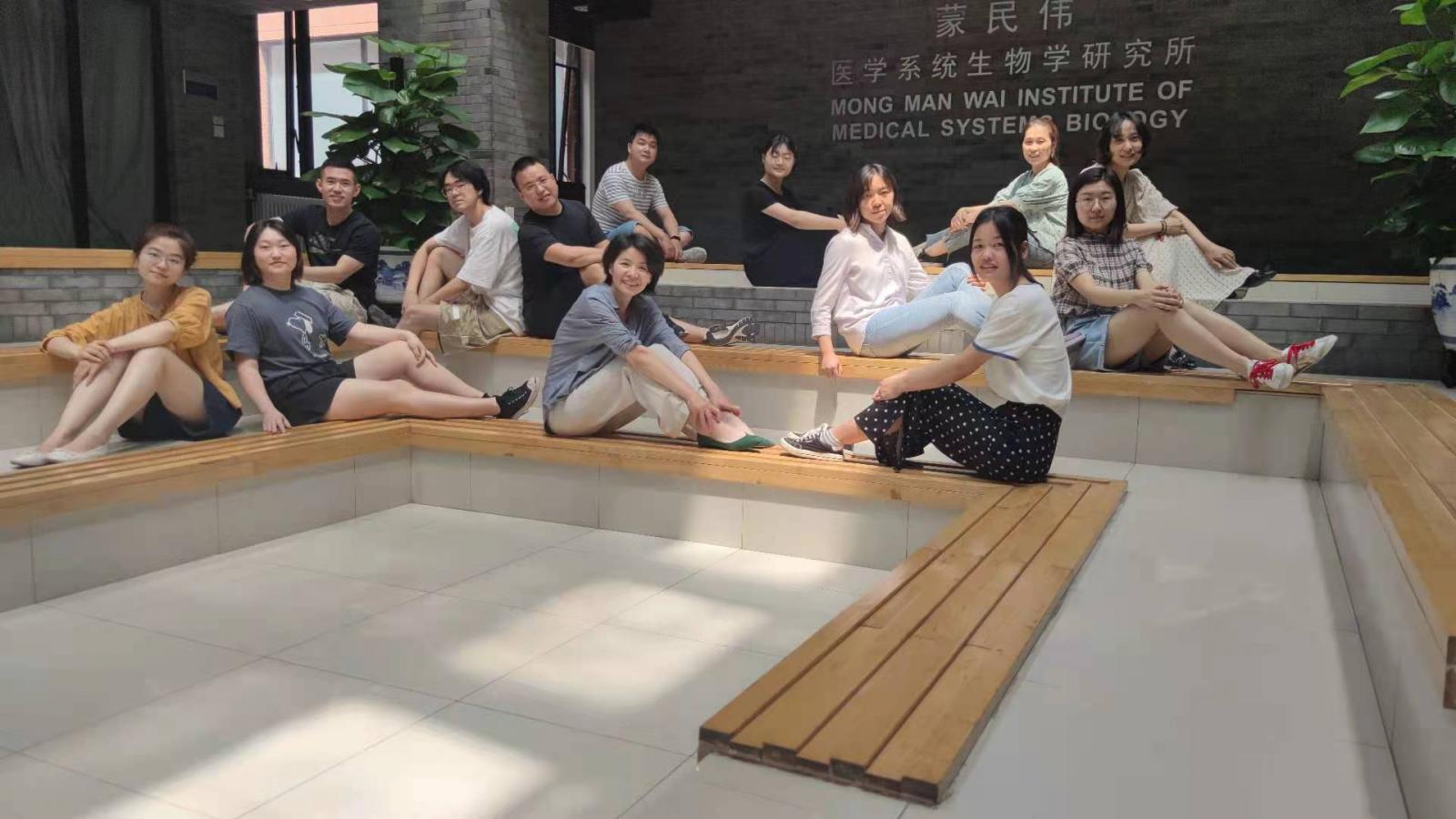
Zhihua Liu, Ph.D.

Zhihua Liu received her Bachelor of Sciences degree from Peking University and obtained her Ph.D. degree in Harvard University. She held the position of principle investigator in Institute of Biophysics at Chinese Academy of Sciences from 2012 to 2019. Currently she is an associate professor at institute of Immunology, Tsinghua University. Dr. Liu’s research aims to better understand the crosstalk between host and intestinal microbes and the underlying molecular mechanisms. Dr. Liu’s work has illustrated the crosstalk by which microbes promote glucose homeostasis and stress responses.
Dr. Liu has authored many publications including corresponding author researched articles in journals including Nature Immunology, Cell Research, JI. She is the recipient of multiple awards including CBIS/Science China-Life Sciences Young Investigator Award.
Post-Docs
Yabo Zhao
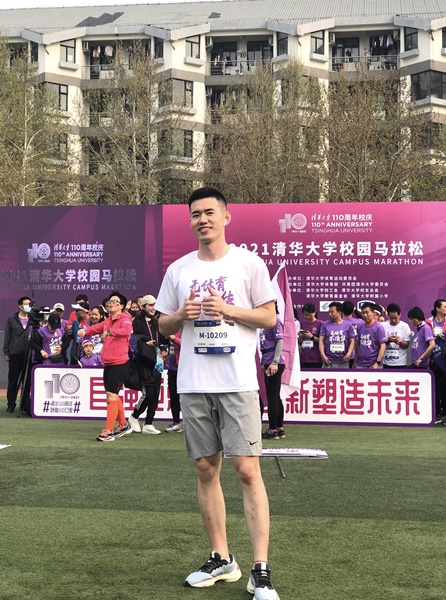
My research interest is understanding the mechanism of epithelial maintenance and renewal in Inflammatory Bowel Disease (IBD) and the interaction between intestinal microbiota and intestinal epithelial repair.
Students
Kemeng Dong
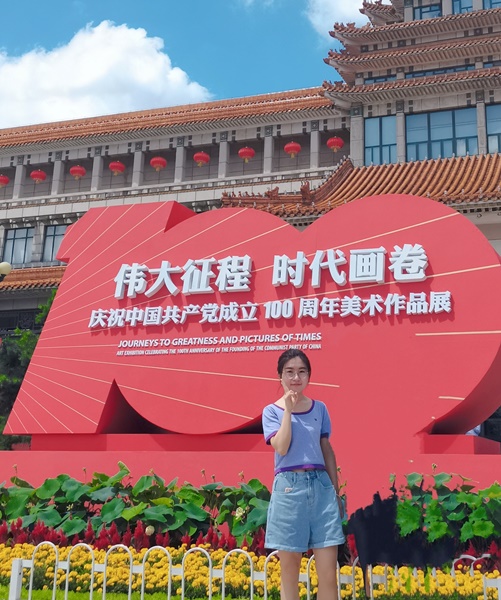
Kemeng graduated from Capital medical university and then joined Liu Lab in 2020 via CLS program. She investigates the gut microbiota and host interaction, and its effects on host immune responses.
Xingchen Liu
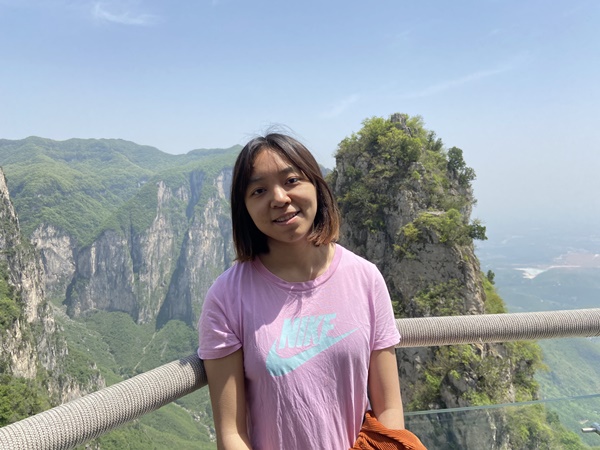
Xing chen received her B.S. degree in capital medical university. She joined Liu lab in 2019 via CLS program. She is interest in the connection between microbiota and neurodegenerative disease. In the spare time, she likes climbing mountains.
Shukun Lv

Lv Shukun, graduated from Huazhong Agricultural University in 2020 with a major in biological sciences. My research interest is the mechanism of maintaining intestinal homeostasis and the interaction between microbiota and cancer.
Wei Wan
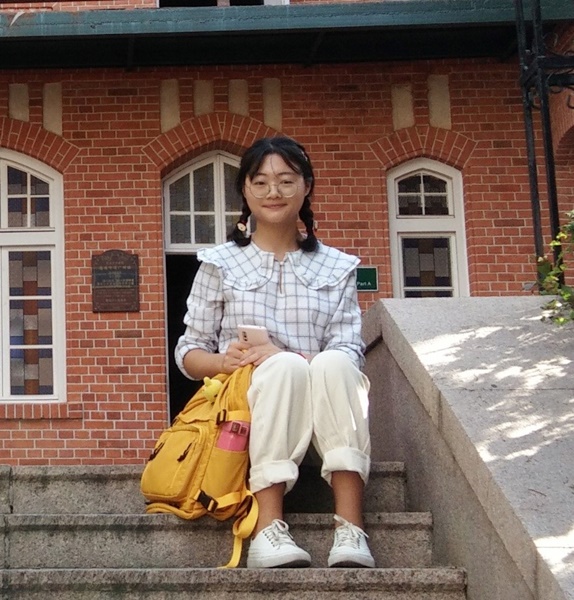
Wei Wan graduated from Shandong University and then joined Liu lab in 2020. Her research interests are studying the mechanism of antibody production and understanding the other response of immune system.
Haonan Yu

I graduated from Huazhong University of Science and Technology and my research is currently focused on susceptibility genes of IBD. My motto is “Eat Well, Drink Well, Sleep Well, and Learn Well.”
Research Interests:
We aim to understand the molecular mechanisms underlying the complex crosstalk between human and commensal microbes. We focus on the role of intestinal epithelium in sensing the microbes, relaying the information to immune cells and orchestrating tissue repair during tissue damage.
To survive, an organism needs to adapt to the external environment. By using mice as a model, our lab elucidates the role of microbes in promoting adaption of the organism. Our work reveals that microbes induce intestinal Paneth cells to secrete lysozyme to promote intestinal homeostasis. Our work also reveals that microbes promotes insulin secretion from islet beta cells to promote glucose homeostasis. Recently, our work identifies a role of microbes in intestine-adrenal medulla in promoting epinephrine secretion during the acute stress. Collectively, our study has exemplified mutualistic relationship between microbes and host.
1.Haifang Wang, Xueying Shen, Xiaojiao Zheng, Ying Pan, Qin Zhang, Zhihua Liu. Intestinal lysozyme releases Nod2 ligand(s) to promote the intestinal mucosal adjuvant activity of cholera toxin. Science China Life sciences. 2021 Jan 29.
2.Jiaying Yu, Xin He, Aihua Wei, Teng Liu, Qin Zhang, Ying Pan, Zhenhua Hao, Lin Yang, Yefeng Yuan, Zhao Zhang, Chang Zhang, Chanjuan Hao, Zhihua Liu, Wei Li. HPS1 Regulates the Maturation of Large Dense Core Vesicles and Lysozyme Secretion in Paneth Cells. Frontiers in immunology. 2020 Nov 5;11:560110.
3.Zhang Q, Pan Y, Zeng B, Zheng X, Wang H, Shen X, Li H, Jiang Q, Zhao J, Meng Z, Li P, Chen Z, Wei H*, Liu Z*. (2019) Intestinal Lysozyme Liberates Nod1 Ligands From Microbes to Direct Insulin Trafficking in Pancreatic Beta Cells, Cell Research, 29(7):516-532.
4.Wang H, Zhang X, Zuo Z, Zhang Q, Pan Y, Zeng B, Li W, Wei H, Liu Z*. (2017) Rip2 Is Required for Nod2-Mediated Lysozyme Sorting in Paneth Cells, the Journal of Immunology, 198(9):3729-3736
5.Yan R, Liu Z*. (2016) LRRK2 enhances Nod1/2-mediated inflammatory cytokine production by promoting Rip2 phosphorylation, Protein & Cell, DOI: 10.1007/s13238-016-0326-x
6.Zhang Z, Liu Z*. (2016) Paneth cells: the hub for sensing and regulating intestinal flora. Science China Life sciences. 59(5):463-7
7.Zhang Q#, Pan Y#, Yan R, Zeng B, Wang H, Zhang X, Li W, Wei H*, Liu Z*. (2015) Commensal bacteria direct selective cargo sorting to promote symbiosis, Nature Immunology, 16(9):918-26. (Cover story, highlighted in “News & Views” in Nature Immunology, highlighted in "Living in harmony" at Nature Review Immunology 2015, 15, 527)
8.Cho HJ, Yu J, Xie C, Rudrabhatla P, Chen X, Wu J, Parisiadou L, Liu G, Sun L, Ma B, Ding J, Liu Z*, Cai H*. (2014) Leucine-rich repeat kinase 2 regulates Sec16A at ER exit sites to allow ER-Golgi export. EMBO J, 33(20):2314-31
9.Xing S#, Luo Y#, Liu Z, Bu P, Duan H, Liu D, Wang P, Yang J, Song L, Feng J, Yang D, Qin Z, Yan X. (2014) Targeting endothelial CD146 attenuates colitis and prevents colitis-associated carcinogenesis. Am J Pathol, 184 (5), 1604-16
10.Liu Z, Lenardo MJ*. (2012) The role of LRRK2 in inflammatory bowel disease. Cell Research, 22(7):1092-4
11.Liu Z, Lee J, Krummey S, Lu W, Cai H, Lenardo MJ*. (2011) LRRK2 is a regulator of NFAT that modulates the severity of inflammatory bowel disease. Nature Immunology, 12(11):1063. (Cover story, highlighted in “News & Views” in Nature Immunology)
12.Yu L, McPhee CK, Zheng L, Mardones GA, Rong Y, Peng J, Mi N, Zhao Y, Liu Z, Wan F, Hailey DW, Oorschot V, Klumperman J, Baehrecke EH, Lenardo MJ*. (2010) Termination of autophagy and reformation of lysosomes regulated by mTOR. Nature, 465(7300): 942-6
13.Liu Z, Meray RK, Grammatopoulos TN, Fredenburg RA, Cookson MR, Liu Y, Logan T, Lansbury PT Jr*. (2009) Membrane-associated farnesylated UCH-L1 promotes alpah-synuclein neurotoxicity and is a therapeutic target for Parkinson’s disease. PNAS, 106(12): 4635-40
14.Liu Z, Lenardo MJ*. (2007) Reactive oxygen species regulate autophagy through redox-sensitive proteases. Development Cell, 12(4):484-5
15.Ge H, Liu Z, Church GM, Vidal M*. (2001) Correlation between transcriptome and interactome mapping data from Saccharomyces cerevisiae. Nat Genet, 29(4): 482-6
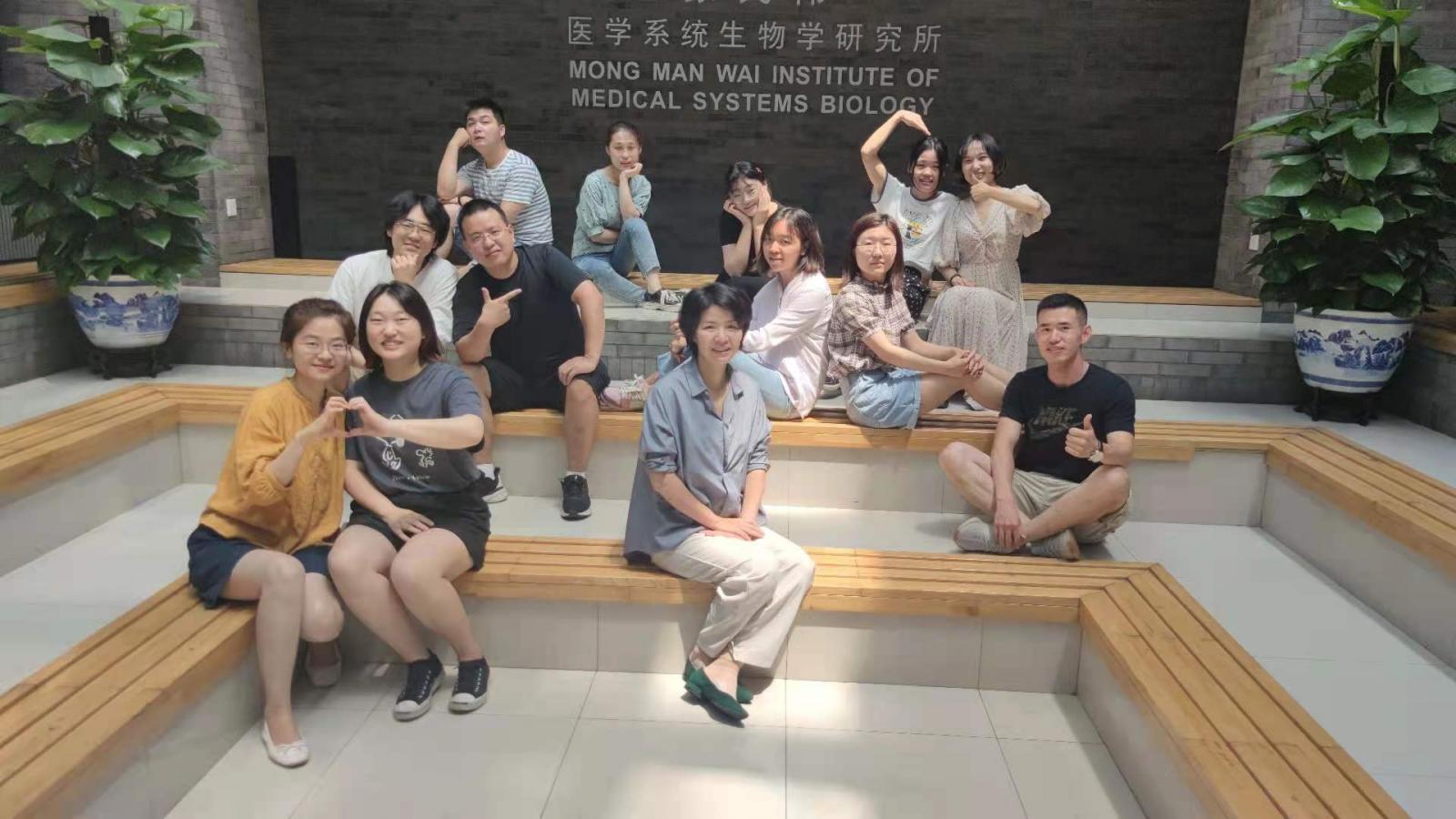
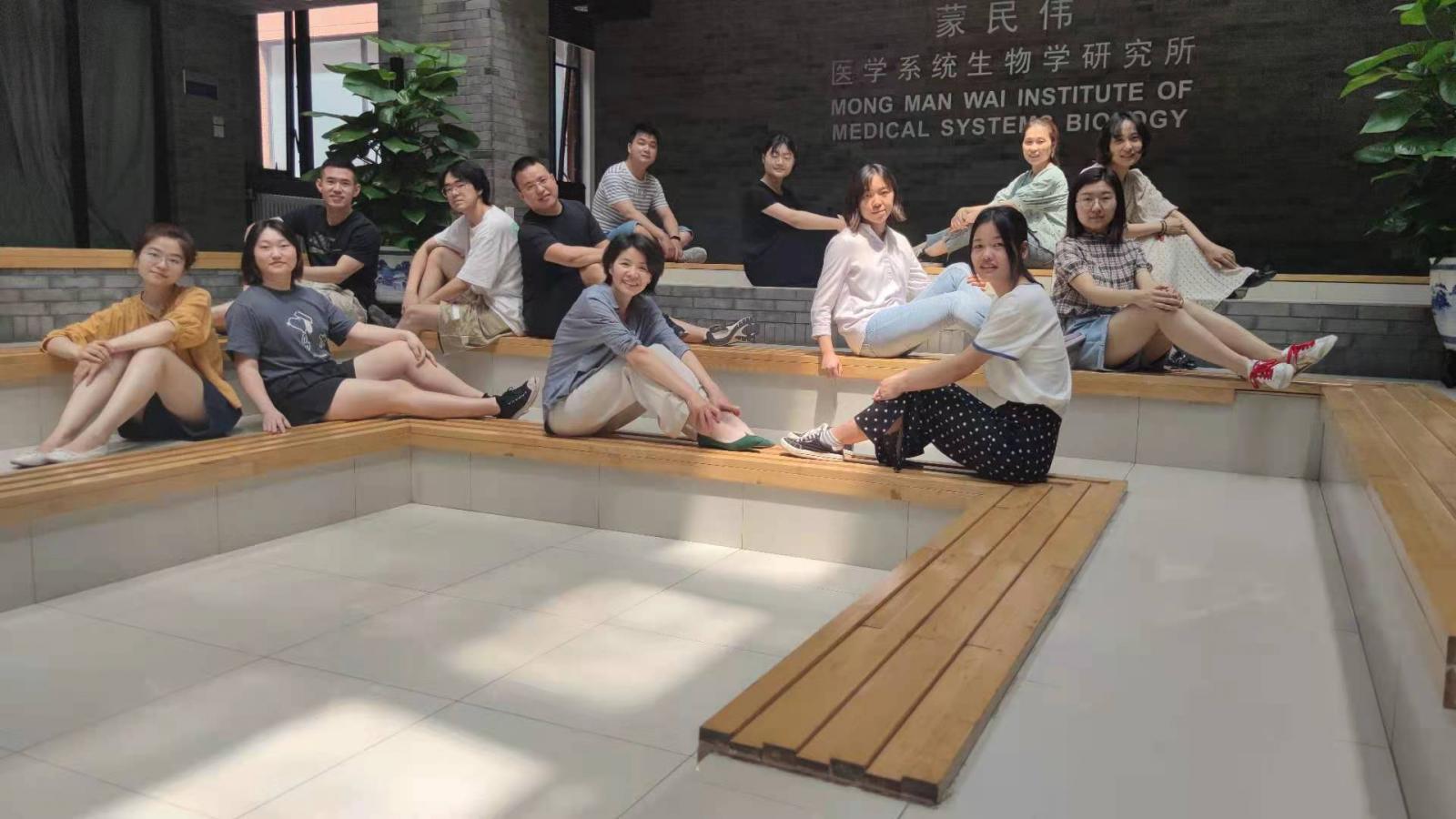

Copyright © 2017 Institute for Immunology Tsinghua University
Contact Address: Room D302, Medical Science Building, Tsinghua University, Beijing 100084, China
Tel: (86) 10-62776420 Fax: (86) 10-62776420
